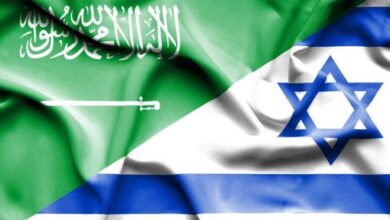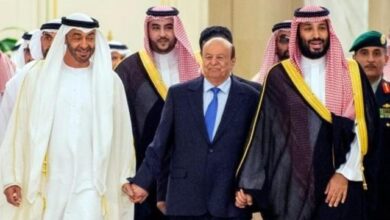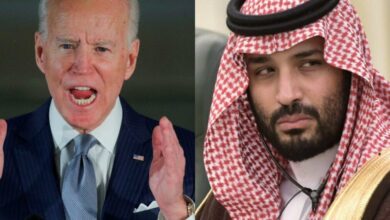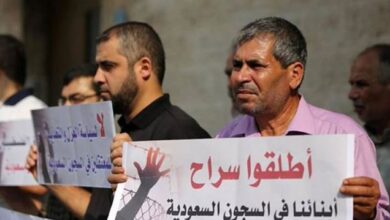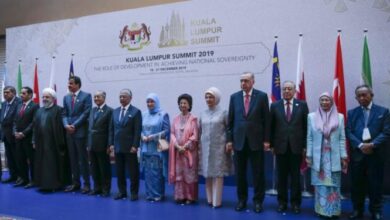Pressures and fatwas… Saud House tries to save Aramco’s faltering IPO
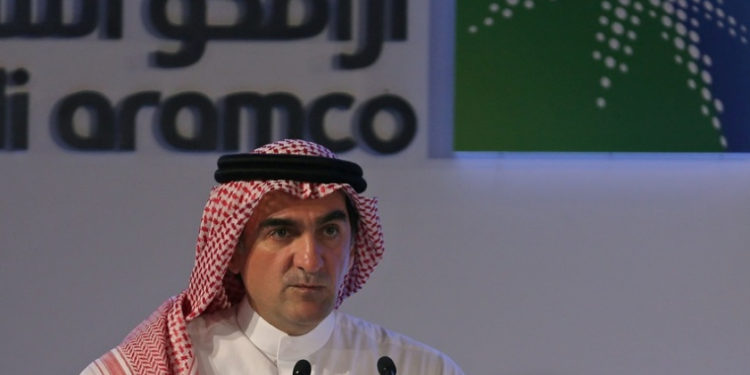
The Saudi regime used all means to support the public offering of the Aramco oil company, whether by resorting to the support of religious personalities, providing credit facilities, and even arousing national sentiments, but the demand for the subscription, despite its huge size, may not reach the level that the Kingdom was aspiring to.
Aramco is one of the most profitable companies in the world, and seeks to raise about $25 billion from the IPO in its shares, which focuses on local and Gulf investors, after it was previously aiming to collect $100 billion.
Last week, the company said after the end of the period of submitting offers to buy its shares for individuals, that the sale of 1.5% of the shares of the company exceeded the number of shares offered by more than half, noting that the bid for institutional investors is scheduled for next Wednesday.
Compared to other IPOs in the Kingdom, Aramco’s turnout is not the largest so far in Saudi history, according to Agence France-Presse.
During the public offering in 2014 of the National Commercial Bank, which is the largest bank in the Kingdom, a request to purchase shares in it was 23 times greater than the number that was put up for sale.
In 2006, ten million Saudis, a record number in the Kingdom, registered their desire for the IPO of Emaar, while Aramco attracted about half of those.
“The preparations for the IPO in Aramco were major, but evidence indicates that the sale is unlikely to be as large as the kingdom was looking for,” said financial advisory firm Capital Economics.
The Foundation continued that Aramco’s IPO is on its way to skip the largest IPO in history, which is attributable to the Alibaba Group in 2014 with a value of $25 billion, and the IPO’s revenues will cover “the budget deficit in the Kingdom for one year.”
If there is no significant increase in the number of institutional investors during the remainder of the subscription period, the turnout appears to be lower than the nationwide advertising campaign, the banks that offer public subscription loans, and calls for investment as a national obligation.
Aramco also promised local investors high profits and the possibility of obtaining free shares in exchange for shares they buy.
Leading cleric Abdullah al-Mutlaq has sought to drum up support for the public offering, saying it is “halal” and that even religious scholars are more likely to participate.
But influential cleric Abdulaziz al-Fawzan, who activists say was arrested last year, confirmed in a video recording that appeared again on social media that part of the public offering was not compatible with Islamic principles.
The authorities also urged the Kingdom’s rich to participate in the public offering, among them Prince Alwaleed bin Talal, who was among several businessmen who were detained at the Ritz-Carlton in Riyadh during a campaign that the Kingdom said was “anti-corruption” in 2017.
A businessman based in Riyadh told Agence France Presse: “If I don’t invest, I will be told: I am not a patriot,” adding that there are many advertising campaigns “Prince Alwaleed is investing, Malaysian investors are investing, it is very safe, but I cannot forget in 2006.”
Speaking about what happened in 2006, the businessman said that he lost about one million riyals (about 260 thousand dollars) in the worst collapse of the stock market in the Kingdom in that year, and he is still repaying the installments of three bank loans.
The British newspaper “Financial Times” published a report last September in which it talked about the Saudi regime forcing rich families to invest in Aramco’s IPO.
The newspaper quoted eight people close to the negotiations between the Kingdom’s government and some Saudi families known to get rich, as saying that the aim of pressuring these families to buy stakes in Aramco as soon as they were offered on the global stock markets is to build a picture of confidence in the shares and assets of the company.
The newspaper report indicated that many of these families have been subjected to detention for periods of their families at the Ritz-Carlton Hotel in the capital, Riyadh, in 2017 and 2018.
Despite this, many international investors declined to subscribe in light of the company’s evaluation, which ranges between $1.6 trillion and $1.7 trillion, a rate that is still much lower than the evaluation of Prince Mohammed, which amounted to two trillion dollars.
According to Aramco’s statements, last week, out of the $31.7 billion of offers it has received so far from institutional investors, foreign investors account for only 10.5%.
As for the plan of Crown Prince Mohammed bin Salman to diversify the economy and prepare it for the post-oil stage, attracting foreign investment is one of its main pillars.
Abu Dhabi, an ally of the Saudi regime, is currently planning to pump up to $1.5 billion, while the Kuwait Investment Authority is also studying the possibility of investing in Aramco, according to Bloomberg.
Amid all this, Aramco executives canceled promotions in the United States and Europe.
“The initial public offering in Aramco turns into an economic mirror of the strengths and weaknesses of Saudi Arabia’s nationalist strategy. People can be urged to support national goals, but international support is a different matter,” said Christine Diwan, of the Gulf Arab States Institute in Washington.

